Scotland Yard, Gaza and the politics of policing protests
Met Police accused of 'two-tier policing' by former home secretary as new footage emerges of latest flashpoint
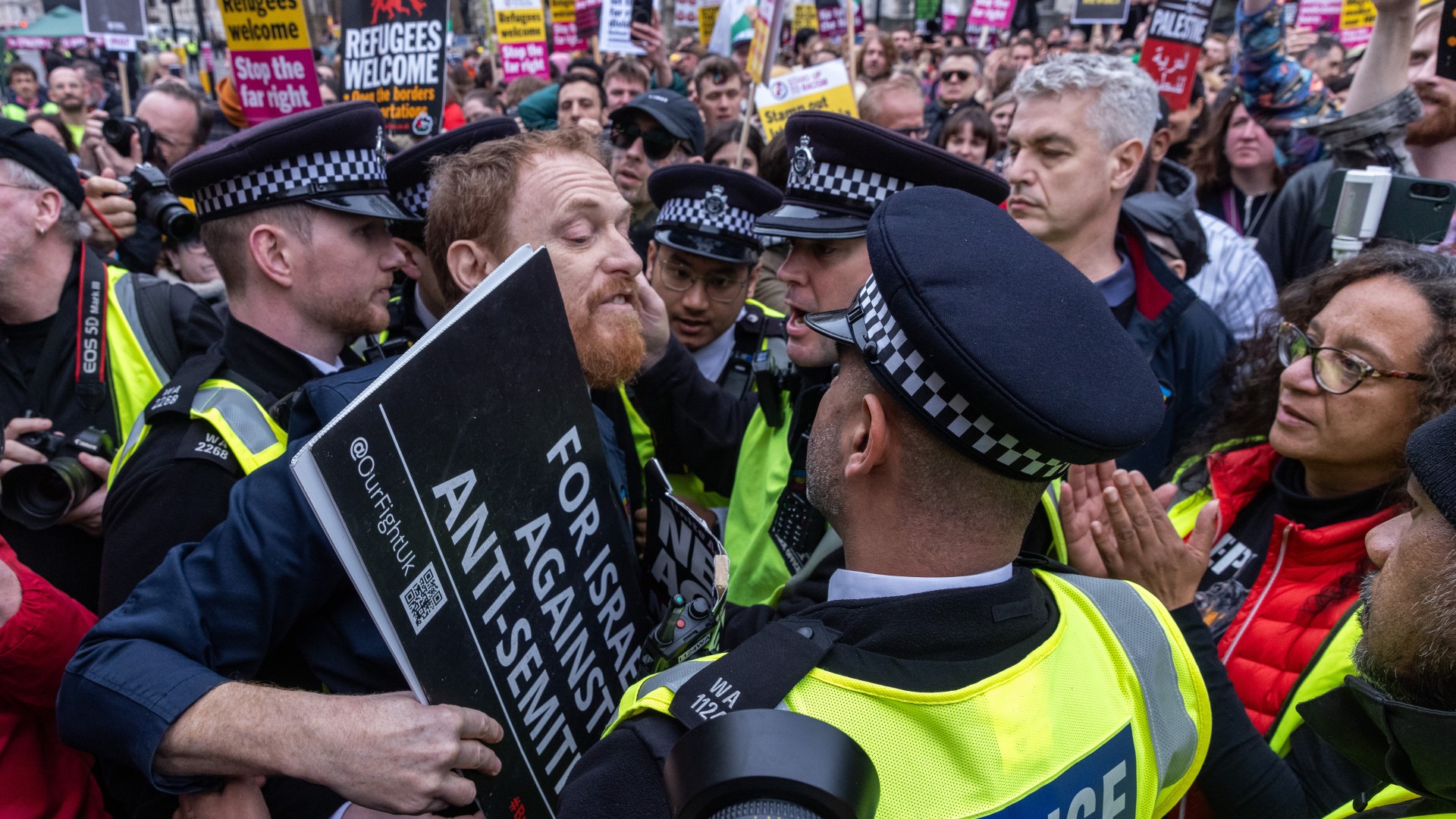
A free daily email with the biggest news stories of the day – and the best features from TheWeek.com
You are now subscribed
Your newsletter sign-up was successful
Scotland Yard and its beleaguered commissioner are under renewed scrutiny over their handling of Gaza protests in London.
"Britain's streets have become another frontier in the war between Israel and Hamas," said The Times's crime editor Ben Ellery, "and often the police are being caught in the crossfire." A "series of flashpoints" involving supporters of Israel and Palestinians has "plunged" police forces "into complex scenarios and at times drawn criticism for its handling of them".
The latest controversy is over an exchange between a Metropolitan Police officer and Gideon Falter, chief executive of the Campaign Against Antisemitism, during a pro-Palestinian protest in central London on 13 April.
The Week
Escape your echo chamber. Get the facts behind the news, plus analysis from multiple perspectives.

Sign up for The Week's Free Newsletters
From our morning news briefing to a weekly Good News Newsletter, get the best of The Week delivered directly to your inbox.
From our morning news briefing to a weekly Good News Newsletter, get the best of The Week delivered directly to your inbox.
'Fear and favouritism'
In a now-viral video clip, the officer told Falter that he was "quite openly Jewish" and that "I'm worried about the reaction to your presence" at the pro-Palestinian march. The officer offered to escort him away from the area and said that if Falter remained, he would be arrested for causing "a breach of peace".
The force subsequently apologised, before issuing another apology for having said in the initial statement that Falter's presence could be deemed "provocative".
The Met's actions, wrote Falter in The Sunday Times, suggested "it's not just that central London is a 'no-go zone' for Jews, as has been said previously, but a police-enforced Jew-free zone". The incident was an "inevitable outcome" of a policing approach that "sacrifices the rights of law-abiding Londoners to appease lawless mobs".
Falter called for the head of the Metropolitan Police, Mark Rowley, to stand down, a demand supported by the former home secretary Suella Braverman. "I've seen too much fear and even more favouritism in the policing of pro-Palestinian protests," she wrote in The Telegraph.
A free daily email with the biggest news stories of the day – and the best features from TheWeek.com
A 13-minute clip newly revealed by Sky News "gives context to the lengthy and fraught exchanges", said the broadcaster. In the footage, the officer disputes Falter's claim that he was just trying to cross the road. The officer claims Falter had "deliberately" walked "against the flow of people" and offers to escort him on a route of "no resistance".
"Watching the video in its entirety (not just the inflammatory words picked out for headlines), I do feel some sympathy for the policeman, whose tone and demeanour do not look intended to be hostile," said Anne McElvoy on the i news site.
"Seeking to protect a smaller group of people from a larger one and insisting that he did not want 'anyone to antagonise anyone' has a good grain of common sense to it." That said, it is a "worrying and oppressive situation if a small group of Jewish people cannot cross paths with a Gaza march without being told they are in the wrong just for being there".
'Careful choice of words'
The Met's latest "clumsy intervention" has "shone an unhappy light on police tactics at demonstrations" in general, said McElvoy.
Since Hamas's 7 October attack on Israel, a pro-Palestinian protest has been held, on average, every two weeks in London. It has been the "biggest continuing drain on police resources since before the 2012 Olympic Games, costing tens of millions of pounds", said Ellery in The Times.
But rather than ban the protests, "the Met has sought to place conditions on them and attempt to police them to the letter of the law". This has led to "accusations of not taking a strong enough stance on antisemitism".
In The Telegraph, Braverman reiterated her concern about the "perception of two-tier policing". Marchers who are "engaged in weekly carnivals of hate" are "treated with kid gloves", while Jewish people are forced out of the capital and "told to keep their heads down", she wrote.
A lot of the ongoing issues around policing protests "arises from a lack of certainty from the Met about communicating what conduct at demonstrations is within the bounds of the law and where it intends to intervene or not", said McElvoy. One answer would be to remind officers to be "more careful in choice of words" and to learn "lessons about language and approach".
-
 Political cartoons for February 18
Political cartoons for February 18Cartoons Wednesday’s political cartoons include the DOW, human replacement, and more
-
 The best music tours to book in 2026
The best music tours to book in 2026The Week Recommends Must-see live shows to catch this year from Lily Allen to Florence + The Machine
-
 Gisèle Pelicot’s ‘extraordinarily courageous’ memoir is a ‘compelling’ read
Gisèle Pelicot’s ‘extraordinarily courageous’ memoir is a ‘compelling’ readIn the Spotlight A Hymn to Life is a ‘riveting’ account of Pelicot’s ordeal and a ‘rousing feminist manifesto’
-
 How the ‘British FBI’ will work
How the ‘British FBI’ will workThe Explainer New National Police Service to focus on fighting terrorism, fraud and organised crime, freeing up local forces to tackle everyday offences
-
 Death in Minneapolis: a shooting dividing the US
Death in Minneapolis: a shooting dividing the USIn the Spotlight Federal response to Renee Good’s shooting suggest priority is ‘vilifying Trump’s perceived enemies rather than informing the public’
-
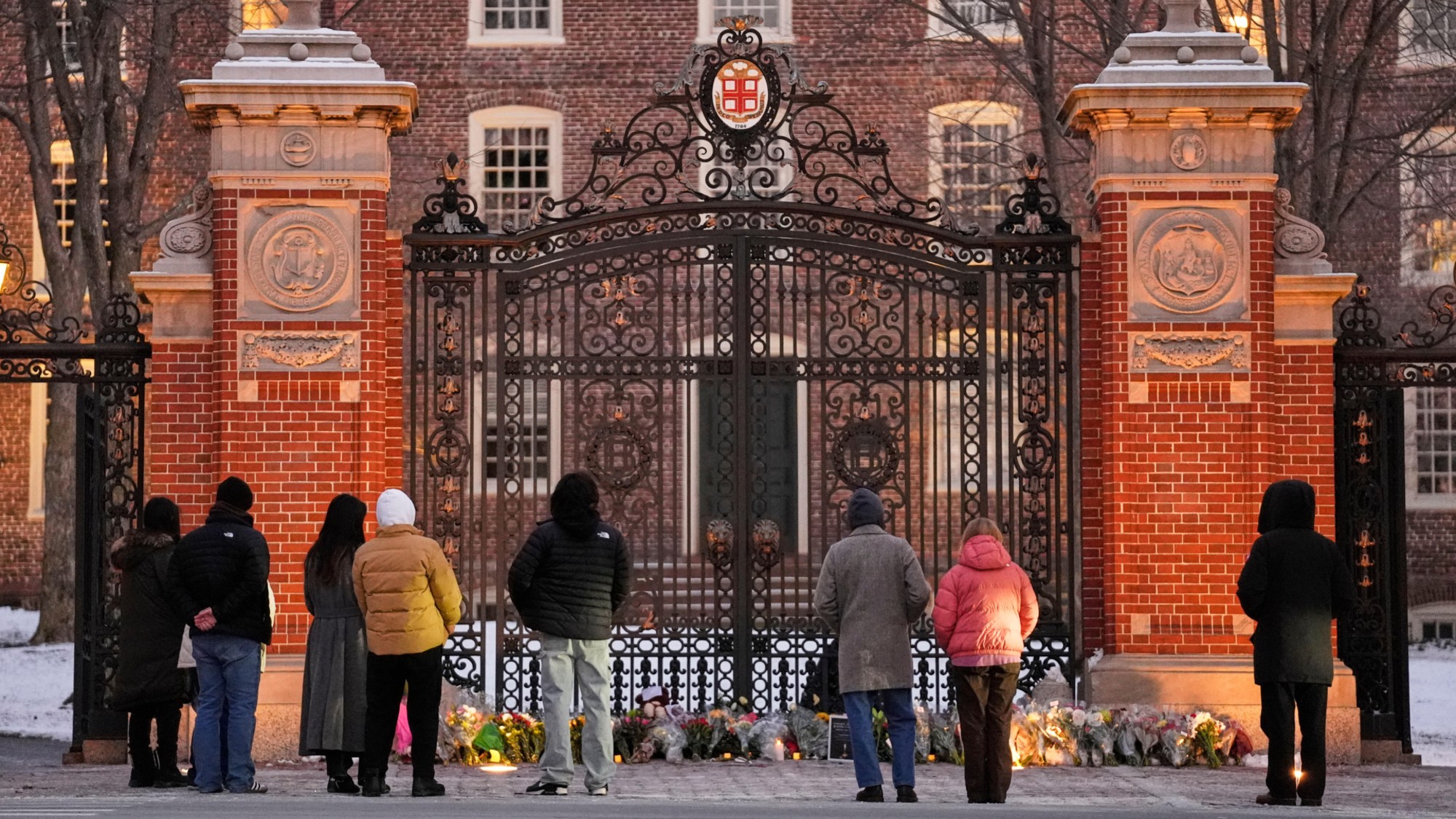 Campus security is under scrutiny again after the Brown shooting
Campus security is under scrutiny again after the Brown shootingTalking Points Questions surround a federal law called the Clery Act
-
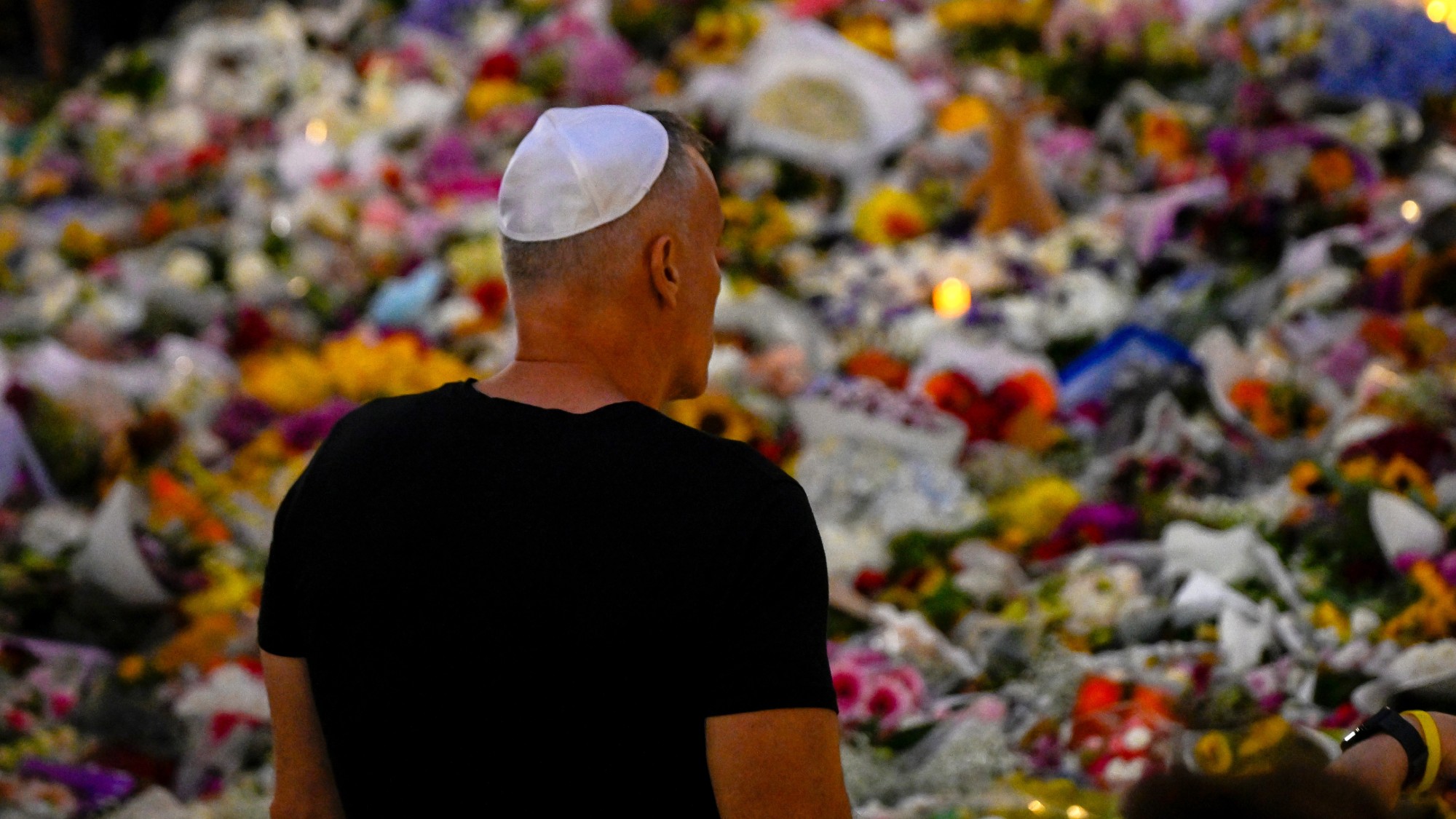 Who is fuelling the flames of antisemitism in Australia?
Who is fuelling the flames of antisemitism in Australia?Today’s Big Question Deadly Bondi Beach attack the result of ‘permissive environment’ where warning signs were ‘too often left unchecked’
-
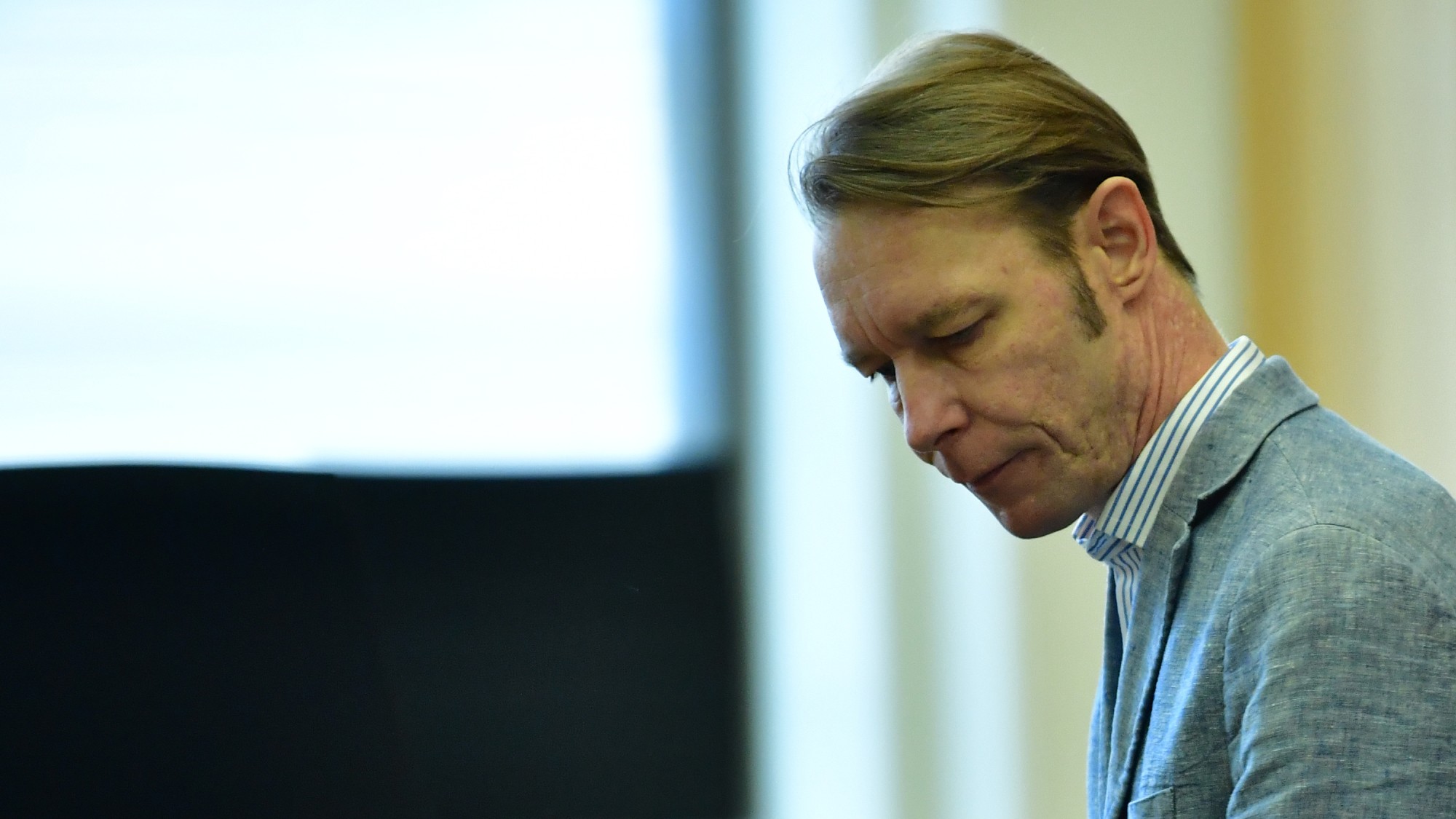 Christian Brückner: why prime suspect in Madeleine McCann case can refuse Met interview
Christian Brückner: why prime suspect in Madeleine McCann case can refuse Met interviewThe Explainer International letter of request rejected by 49-year-old convicted rapist as he prepares to walk free
-
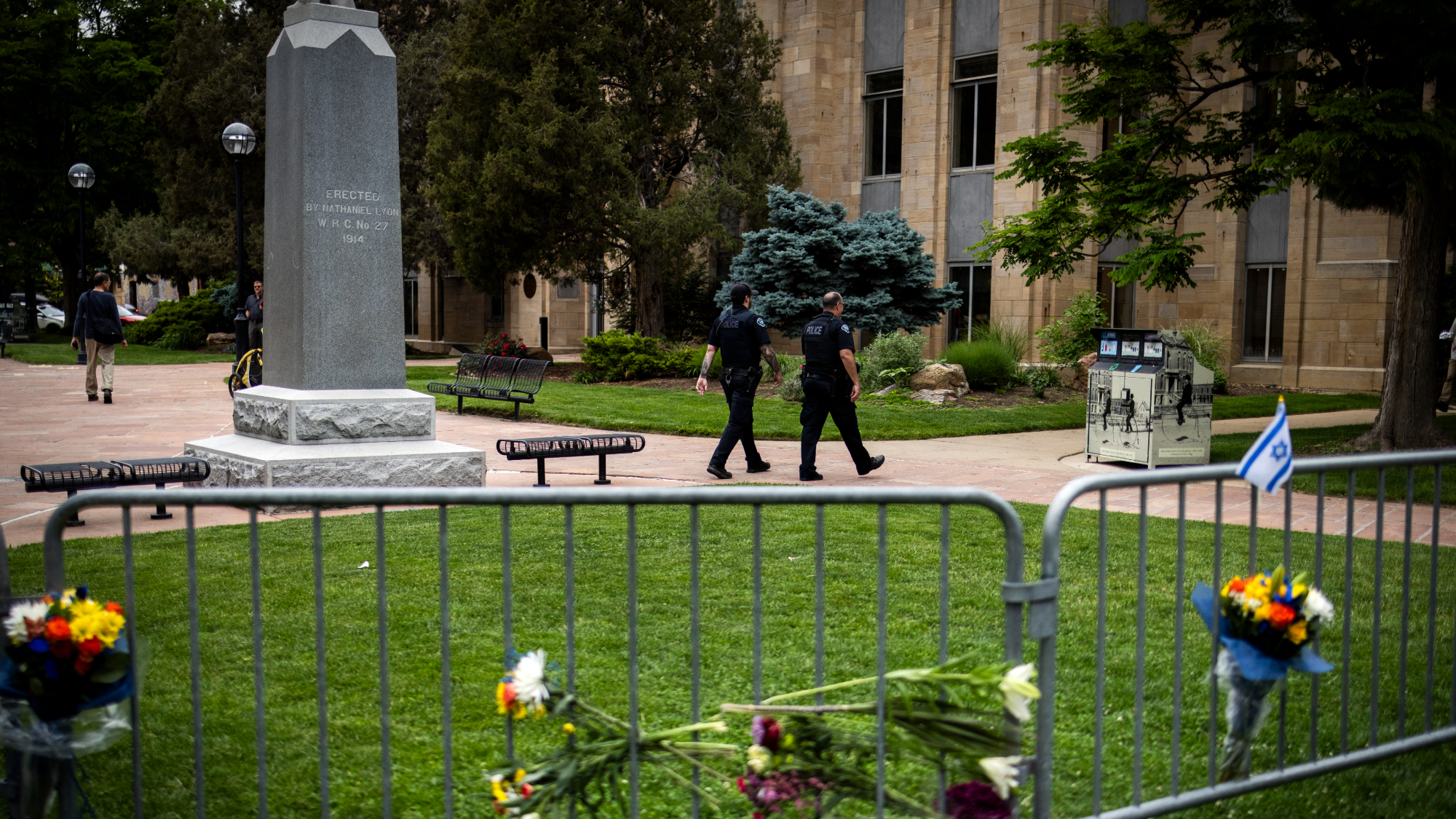 DOJ, Boulder police outline attacker's confession
DOJ, Boulder police outline attacker's confessionspeed read Mohamed Sabry Soliman planned the attack for a year and 'wanted them all to die'
-
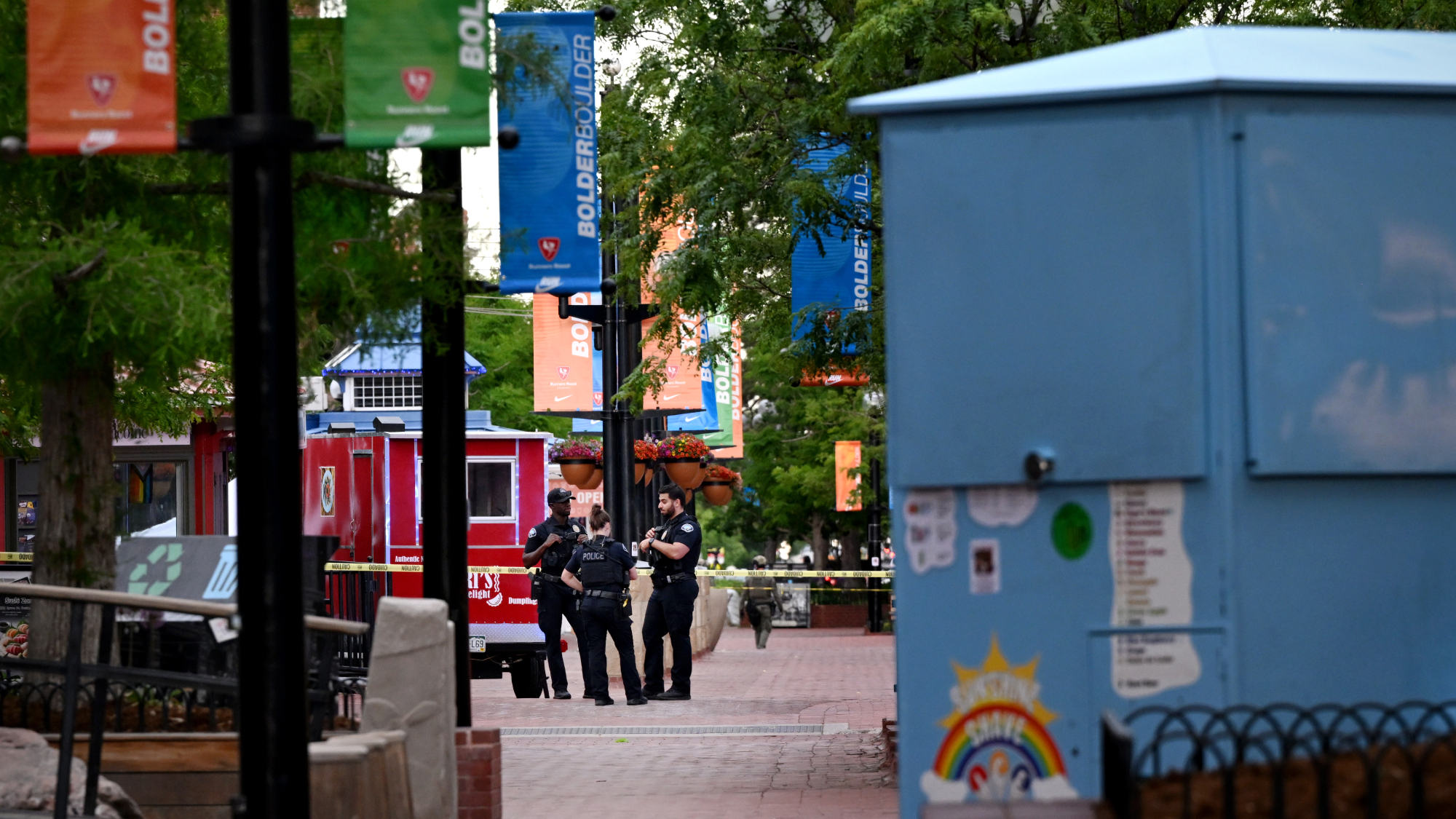 Assailant burns Jewish pedestrians in Boulder
Assailant burns Jewish pedestrians in Boulderspeed read Eight people from the Jewish group were hospitalized after a man threw Molotov cocktails in a 'targeted act of violence'
-
 What to do if your phone is stolen
What to do if your phone is stolenThe Explainer An average of 180 phones is stolen every day in London, the 'phone-snatching capital of Europe'